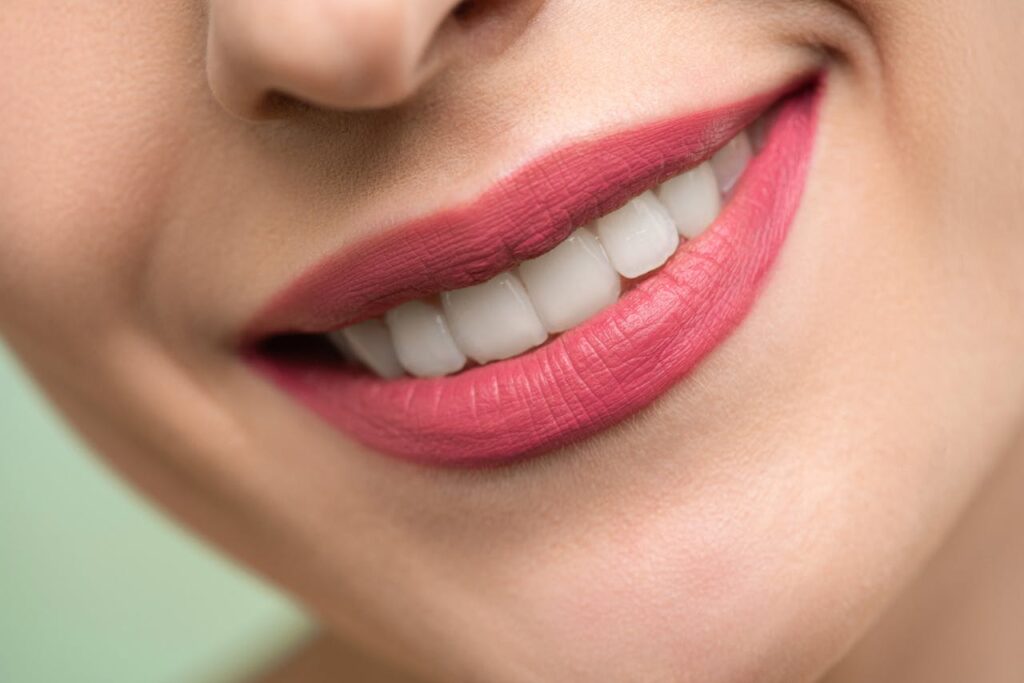
Having damaged teeth can not only affect your smile but also your overall oral health. Thankfully, dental crowns are a reliable solution that can restore the appearance and functionality of your teeth. Let’s look at the benefits of dental crowns and why they are a popular choice for individuals with damaged teeth.
What are Dental Crowns?
Dental crowns are custom-made caps that are placed over a tooth to restore its shape, size, strength, and appearance. They are typically made from materials such as porcelain, ceramic, metal, or a combination of these materials. Dental crowns can be used to cover a damaged tooth, protect a weak tooth from further damage, restore a broken tooth, support a dental bridge, or cover a dental implant.
Benefits of Dental Crowns
One of the main benefits of dental crowns is their durability. They can last for many years if properly cared for. Additionally, dental crowns look and function like natural teeth, allowing you to chew and speak without any issues. Dental crowns also help to prevent further damage to the affected tooth and surrounding teeth by providing an extra layer of protection.
The Process of Getting Dental Crowns
The process of getting dental crowns typically involves two visits to the dentist. During the first visit, the dentist will prepare the tooth by removing any decay or damage and shaping it to accommodate the crown. An impression of the tooth will then be taken and sent to a dental lab where the crown will be custom-made. During the second visit, the crown will be placed over the tooth and adjusted for fit and comfort.
Types of Dental Crowns
There are several types of dental crowns available, each with its own advantages and disadvantages. Porcelain crowns are popular for their natural appearance but may not be as durable as metal or ceramic crowns. Metal crowns are extremely strong but may not be suitable for visible front teeth due to their metallic color. Ceramic crowns offer a good balance between aesthetics and durability.
Caring for Dental Crowns
Proper care and maintenance are essential for ensuring the longevity of your dental crowns. It is important to practice good oral hygiene habits such as brushing twice daily, flossing regularly, and visiting your dentist for regular check-ups and cleanings. Avoiding hard foods or habits such as chewing on ice or using your teeth as tools can also help prevent damage to your dental crowns.
Dental crowns are an effective solution for restoring damaged teeth and improving both the appearance and functionality of your smile. With proper care and maintenance, dental crowns can last for many years, providing you with a long-lasting solution for damaged teeth. If you have damaged teeth that need attention, consider discussing with your dentist whether dental crowns could be the right option for you.


